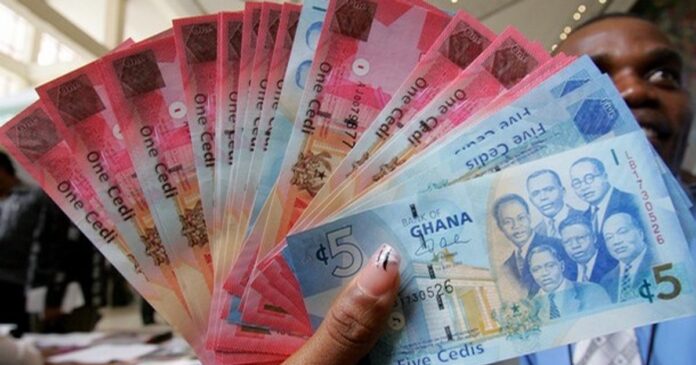Ghana’s economy has reached a significant milestone with consumer price inflation dropping to single digits for the first time since 2021. The Ghana Statistical Service reports that September 2025’s 9.4% annual inflation rate decreased from 11.5% in August, marking the ninth consecutive month of decline.
Easing food prices drove this change; food inflation slowed to 11% in September from 14.8% the previous month. Non-food inflation also slowed, dropping from 8.7 percent in August to 8.2 percent. This trend brings much-needed relief to homes and companies that have struggled with high prices for years, having already brought inflation under the government’s full-year objective.
The News Chronicle learnt that the Bank of Ghana is aggressively working to keep this momentum going. In September the Monetary Policy Committee of the central bank slashed the benchmark interest rate by 350 basis points from 25% to 21.5%. Reflecting faith in the downward path of inflation and the government’s fiscal discipline, this is the second significant policy rate reduction of the year.
According to the Governor of the Bank of Ghana, Dr. Johnson Asiama, the decrease is meant to boost credit expansion and provide additional help for the nation’s recovery. Analysts think this choice might boost investor confidence, stabilize the exchange rate, and open opportunities for quicker growth in the future months.
Particularly in industries under pressure from expensive costs, the return to single-digit inflation is expected to raise consumer purchasing power and boost the business environment. The momentum also places Ghana as one of the more stable countries in the area, therefore laying the groundwork for more investment.
Still, danger abounds. Ranked as the second-worst performer worldwide in the third quarter, the cedi lost 15% of its value against the U.S. dollar. Even with this setback, the currency is up 20 percent year-to-date. Growing demand for dollars from importers paying year-end obligations has stressed foreign reserves, which dropped to $10.7 billion in August from $11.1 billion in June.
Ghana’s capacity to keep single-digit inflation while juggling currency pressures will be especially important in determining the nation’s economic path going into 2026.



